"Looney Tunes Shorts Removed from HBO Max Amid Movie Release"
Warner Brothers has made a controversial move by removing its entire catalog of original Looney Tunes shorts from HBO Max, a decision that has left fans and animation enthusiasts reeling. These iconic shorts, which were produced from 1930 to 1969, are considered a cornerstone of the "golden age" of animation and have played a pivotal role in shaping Warner Brothers' identity.
According to Deadline, this drastic action is part of a broader strategy to focus on adult and family programming, as children's shows are not drawing significant viewership on the platform. This shift in priorities has led to the dismissal of culturally significant content, evident also in HBO's decision to end its deal with Sesame Street for new episodes at the end of 2024, despite its longstanding impact on childhood education since 1969. While newer Looney Tunes spinoffs are still available on HBO Max, the essence of the franchise has been stripped away with the removal of the original shorts.
The timing of this decision is particularly perplexing, coinciding with the theatrical release of "The Day the Earth Blew Up: A Looney Tunes Story" on March 14. Originally commissioned by Max, the project was sold to Ketchup Entertainment following the Warner Brothers and Discovery merger. With a limited marketing budget, the film managed to earn just over $3 million during its opening weekend across more than 2,800 theaters nationwide.
The outcry over the handling of last year's "Coyote Vs. Acme," another Looney Tunes film that Warner Brothers Discovery chose not to release due to distribution costs despite its completion, seems not to have influenced the studio's approach to promoting "The Day the Earth Blew Up." The decision not to release "Coyote Vs. Acme" sparked significant backlash from the artistic community, with actor Will Forte labeling it "f—king bulls—t" and expressing his frustration and anger over the studio's inexplicable choice.
This series of decisions by Warner Brothers has not only affected the availability of cherished classics but also raised questions about the studio's commitment to preserving and promoting its animation legacy.
-
1
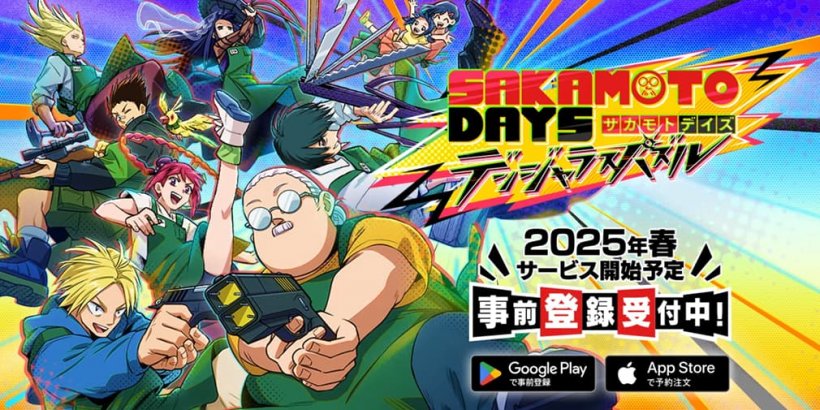
Sakamoto Puzzle Unravels in Japan
Jan 27,2025
-
2
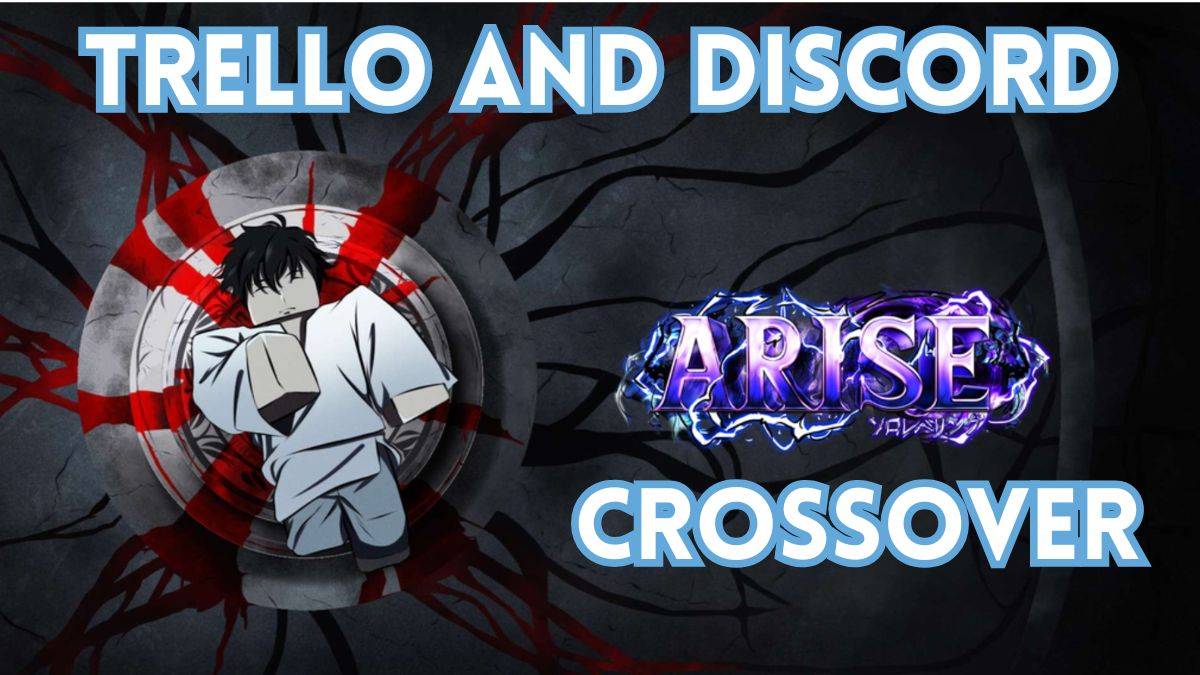
Arise Crossover Trello and Discord
Mar 16,2025
-
3
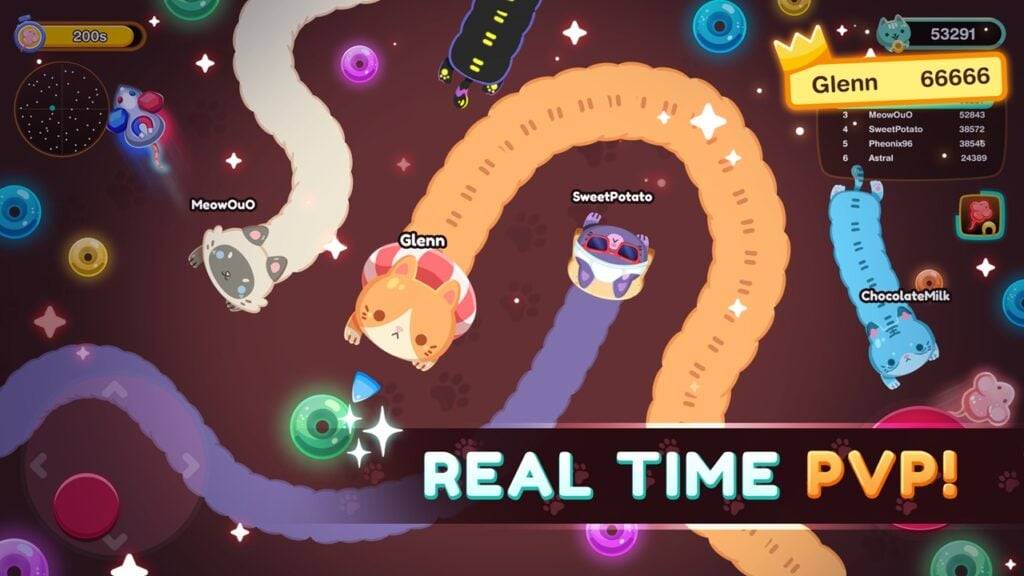
Slither, Compete and Outlast Your Opponents in New Game Snaky Cat
Feb 26,2025
-
4

Roblox King Legacy: December 2024 Codes (Updated)
Dec 24,2024
-
5
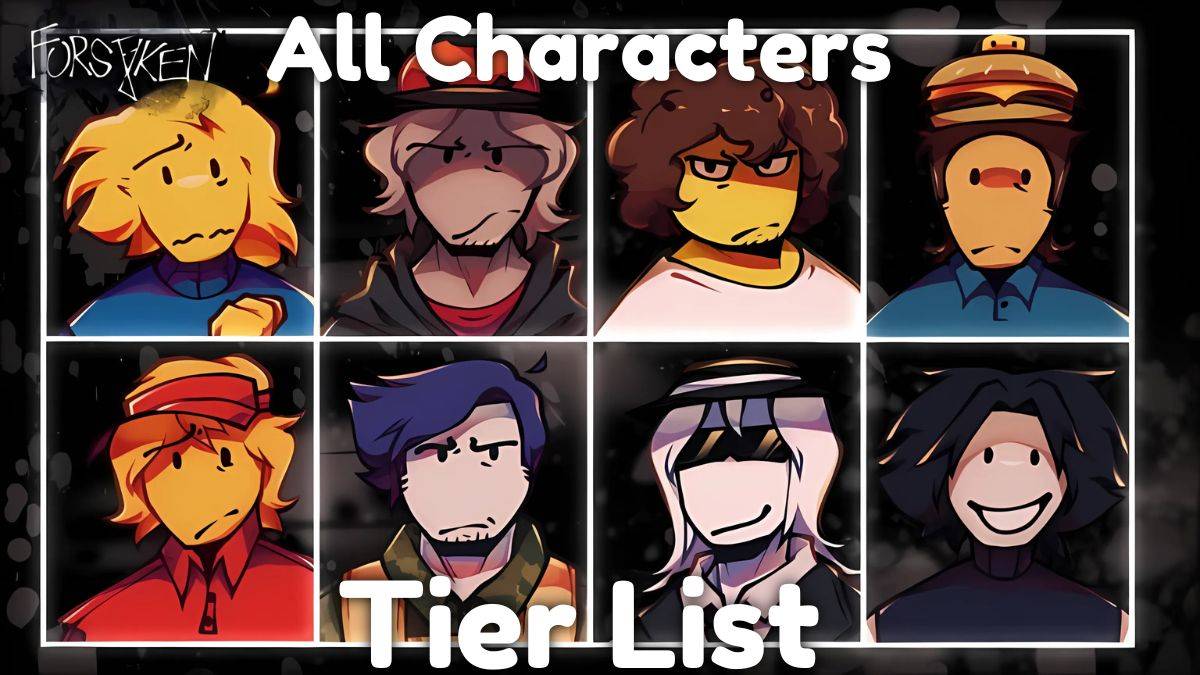
Roblox Forsaken Characters Tier List (2025)
Feb 25,2025
-
6
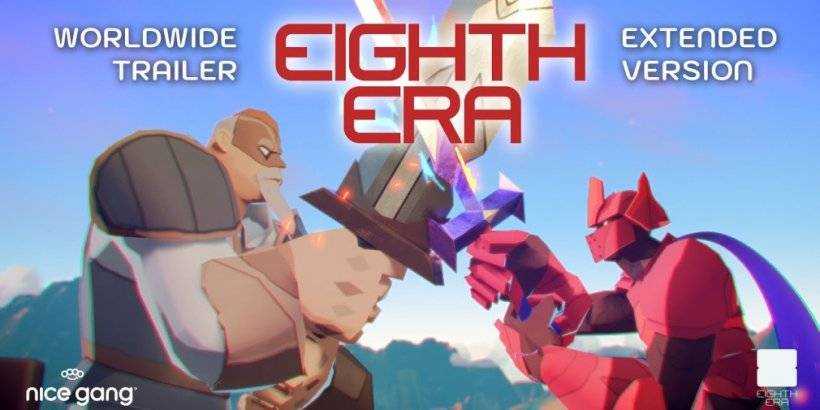
Eighth Era celebrates 100,000 downloads with a limited-time Era Vault event
Mar 17,2025
-
7

Google Play Awards 2024 winners include Squad Busters, Honkai: Star Rail, and more
Jan 09,2025
-
8

Select Quiz lets you test your knowledge across multiple topics
Mar 17,2025
-
9
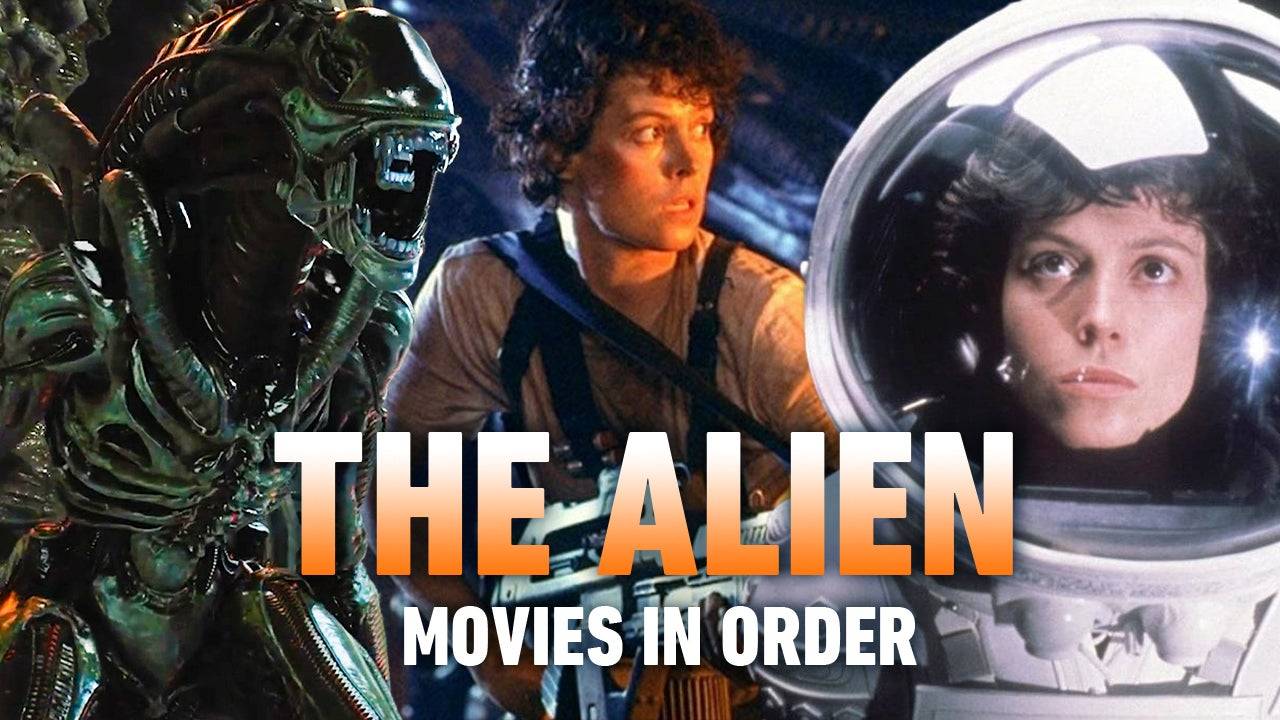
Alien: Romulus 'Fixed' Terrible Ian Holm CGI for Home Release but Fans Still Think It’s Pretty Bad
Mar 03,2025
-
10
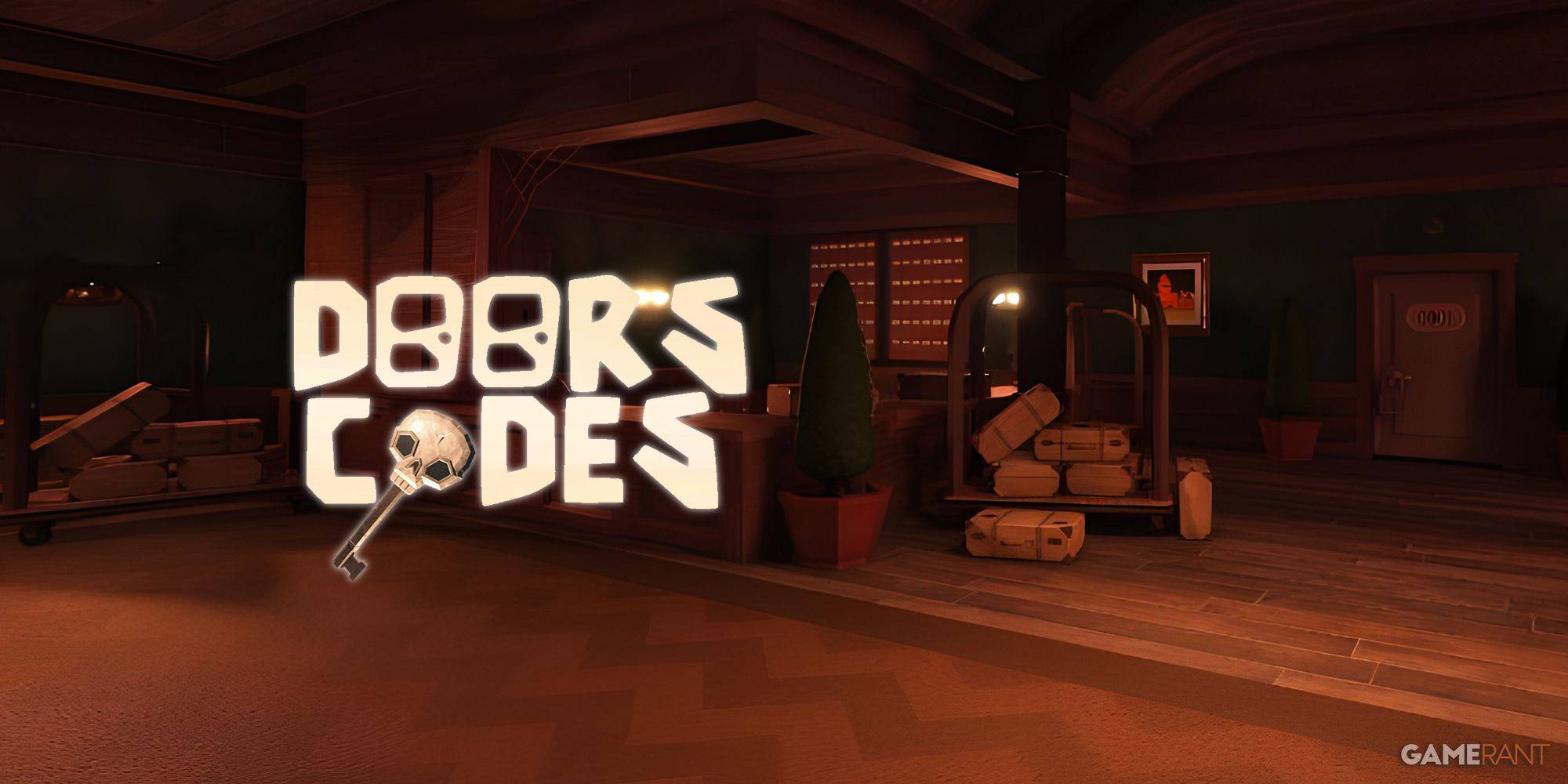
Roblox: DOORS Codes (January 2025)
Jan 07,2025
-
Download
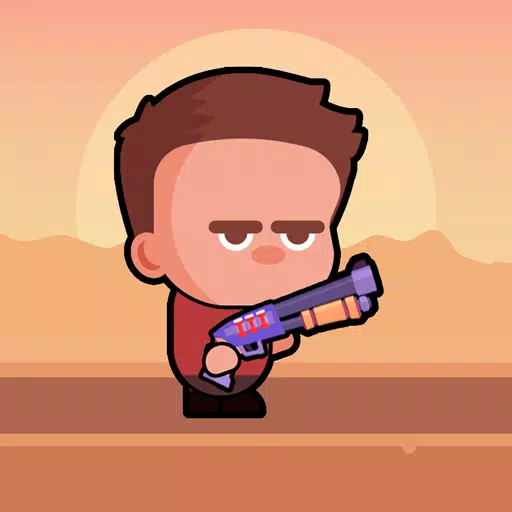
Magnet Hero
Action / 45.6 MB
Update: Feb 11,2025
-
Download
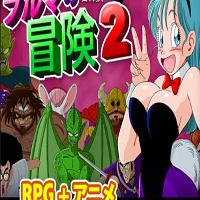
Bulma Adventure 2
Casual / 57.55M
Update: Mar 09,2024
-
Download
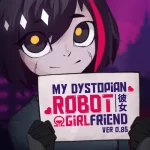
!Ω Factorial Omega: My Dystopian Robot Girlfriend
Casual / 245.80M
Update: Sep 10,2024
-
4
FrontLine II
-
5
ALLBLACK Ch.1
-
6
IDV - IMAIOS DICOM Viewer
-
7
Escape game Seaside La Jolla
-
8
Color of My Sound
-
9
Mr.Billion: Idle Rich Tycoon
-
10
beat banger

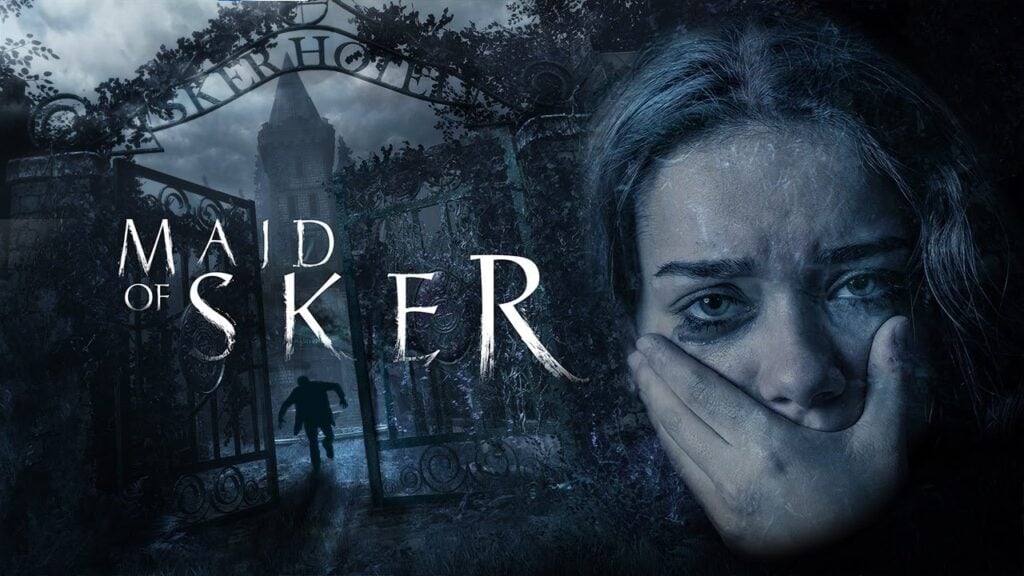












![The Ravages hand travel [three cards]](https://img.68xz.com/uploads/69/173069422567284c51773d5.jpg)